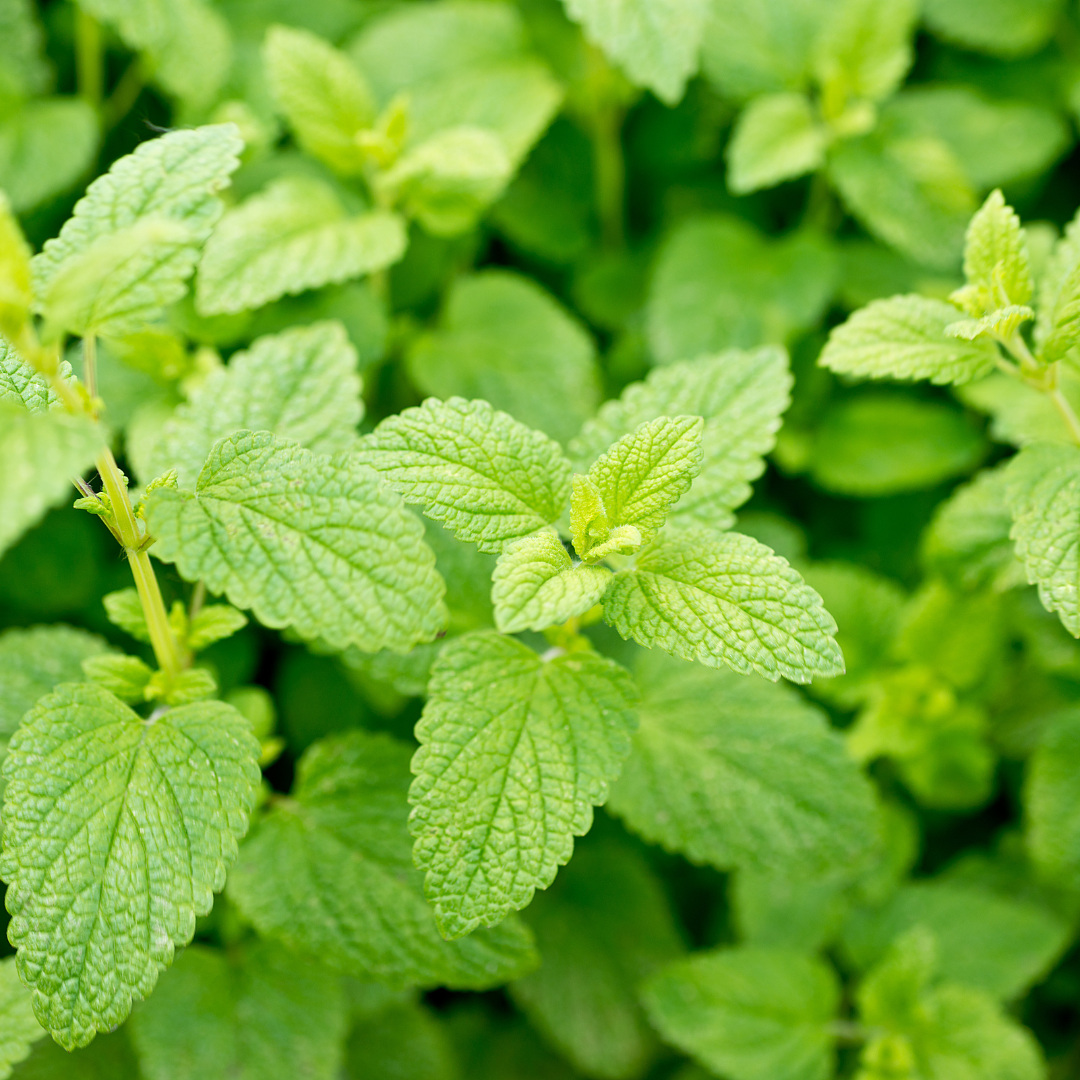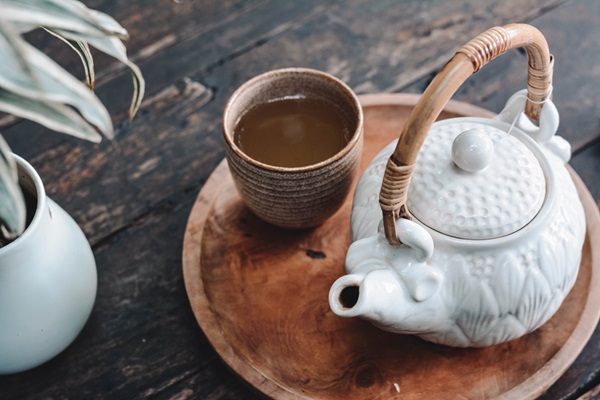Great question around herbs as immune boosters from our community and I wanted to answer it in my usual wide-lens, holistic way. Our immune system is a complex sense-and-react system and is actually everywhere in our body. Because it’s part of the whole, our immune system relies on the overall well-being of other organ systems in our body.
So, in winter, I am thinking about what our immune system specifically needs, and also what we as humans need in this season. Here’s a quick overview, and I’ll explore each in more depth below.
- herbs that directly strengthen and bring balance to our immune system.
- herbs that help us slow down, rest and unwind
- herbs to nourish ourselves
- herbs to keep us warm
Herbs that directly strengthen and balance our immune system
When we’re thinking of taking herbs as immune boosters long-term, we’re thinking of gentler, safer, more food-like herbs. There is often an overlapping line between food and medicine, and with long-term use that’s generally where we want to be.
These days medicinal mushrooms are a well-known and popular deep immune support. These can include shiitake, reishi, chaga, etc.
My personal favourite “grandma herbalism”-style immune strengthening herb is astragalus. It’s a great herb to add to your decoctions (teas that you simmer on the stove), or broths during the cooler months. If you’re a really strong and robust constitution, you mightn’t need the deep immune support astragalus offers. It is primarily indicated for those who are more frail, weak and ‘deficient’, or with chronic illness or recurrent infections. Having said that, it is commonly used in food-like quantities during autumn and winter.
NOTE – do not take astragalus during acute infections, it is for long-term immune support.
Different types of herbs as immune boosters
You might note this list doesn’t cover a lot of really popular and common immune system herbs. That’s because many of our famous immune remedies, like elderberry syrup or fire cider, aren’t necessarily long-term deep immune tonics, but are more indicated for directly stimulating the immune system when you think you’re exposed or getting sick. Learn more about the difference between deeper immune herbs (immunomodulator) and acute immune stimulant herbs (click here)
(You can find astragalus and shiitake in the shop, and they’re also in the DIY Immunity Remedy Kit if you want support making your own remedies – click here)

Herbs that help us slow down, rest and unwind
We’ve just got to face it: our culture is at odds with winter. We’re expected, and expect ourselves, to be able to continue a year-round marathon of productivity, engagement and activity. Yet, as natural human animals, we are subject to the ebb and flow of the earth’s rhythms and seasons. Winter is cooler (or outright cold), darker and a time to conserve energy. Around me the snakes will be hibernating, the insects quiet and my garden won’t be an overwhelming jungle of perpetual growth. (phew!)
We’re out of sync and out of touch with the natural rhythms that govern out world and we can use herbs to help us live more aligned with winter’s seasonal rhythm. In doing so, we’re actually strengthening our immune system because we’re working with, not against, the body’s natural inclinations.
It can be hard to switch off when the world is still swirling around us, and herbs (as well as other lifestyle practices), can help. These are some general areas that I would think about, but please reflect on your life and what you actually need support with.
🌿Herbs to help you sleep better and more deeply: could be hops, passionflower, California poppy, valerian (could be many others! Read more on this article about herbs for sleep, click here)
🌿Herbs that help slow mental chatter and find stillness: lemon balm, skullcap, passionflower, kava kava
🌿Herbs that help you feel calm and settled: lemon balm, chamomile, lavender, tulsi, skullcap, licorice, withania, st john’s wort
🌿Herbs that help you feel grounded and able to slow down: dandelion, withania, valerian, milky oats, lavender
🌿Herbs to nourish your heart and enter winter dreaming: rose, tulsi, hawthorn, mugwort, lemon balm, reishi
(note: many of these herbs could fit in multiple categories, but I didn’t want to repeat myself too much)
Other lifestyle practices can be supportive here too: such as yin yoga, tai chi, journaling, meditation, and breathwork, as well as others – such as having hobbies you enjoy, art, music, etc.
(Note: find lavender, chamomile and tulsi in the shop and in the DIY Herbal Starter Kit if you want support learning to make herbal remedies (click here)
Herbs that help you nourish yourself
Winter is a time to build and conserve energy. Herbs can support us by providing great nutrition, and they can also by support our digestive system to actually transform, and absorb the nutrients from the food we’re eating.
Herbs for a herbal multivitamin: nettle, alfalfa, oatstraw, clover etc.
Herbs to support digestion: mugwort, catnip, chamomile, fennel, gentian, ginger (these herbs are a mix of herbal bitters and carminatives. These categories are commonly paired together and support our digestive capacity in different, mutually supportive ways)

Herbs to keep you warm
Our bodies use a lot of energy trying to stay warm. We can help them by using warming herbs and spices to keep our internal fires going. Think herbs like ginger, cinnamon, cayenne pepper, cloves.
Other lifestyle practices such as socks, scarves, jumpers and hot water bottles are great supports here.
Holistically supporting ourselves, as human animals in winter, goes a long way to having a strong and vital immune system.
I find taking a holistic approach gives us many more options to think about and incorporate into our winter wellness plans. It allows us to see the bigger picture and see what we actually need, rather than just taking a herb cause it’s “good for” something (although that’s a great and natural starting place when we’re working with herbs, it’s not the end place).
What was your aha moment, or take-away from this article!? Feel free to comment below or get in touch
*As with all herbs, please research before using. Whilst all these herbs are generally considered safe, they still might not be quite right for you, due to your health history, current medications etc.
** I’ve just listed a few herbs to start with you off with in each category, but this is not an exhaustive list.


